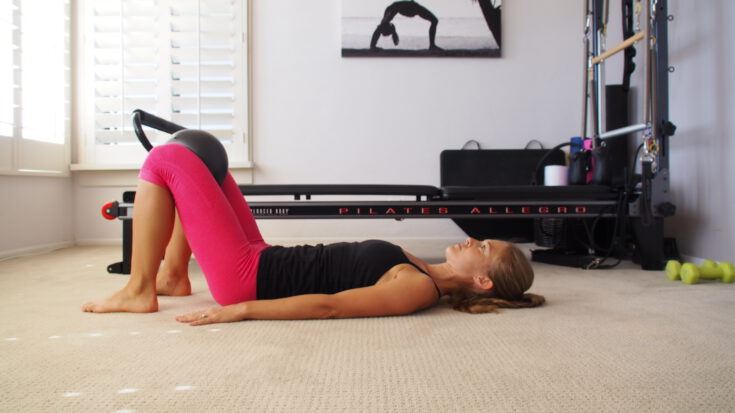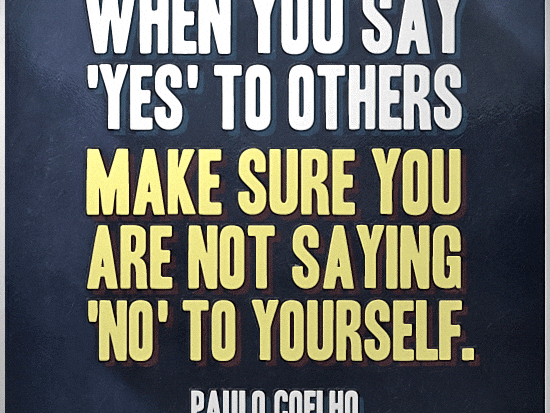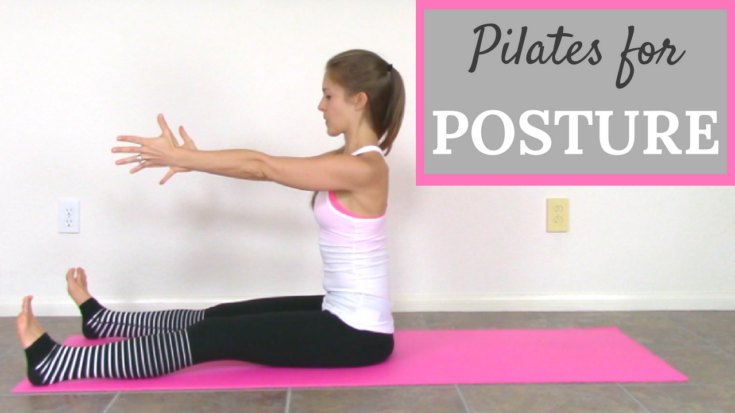When I was born, we didn’t use computers. I didn’t have an email account until college or a cell phone until I was 21. I had to use quarters to call my mom from the mall when I needed a ride and wrote actual paper notes to boys when I had crushes on them. When I had a cold or concerning medical symptoms, my parents took me to the doctor, who then did tests and made a diagnosis. This was neither a good thing or a bad thing – it just was the only option at the time for medical treatment. Enter – The Internet.
The internet – along with prescription drug advertisements on tv – have changed modern medical visits and diagnoses more than just about anything else in recent history. People now regularly walk into their health appointments with a very clear idea of what disease or condition they have, what tests they want run and what medicine they want prescribed. Overall, the information people can learn about their symptoms online is unbelievably beneficial and positive. There are always two sides to every coin, though, and I want to talk about both the positives and negatives of online medical advice and how to use it most effectively.
The Positives:
About a year ago, my husband and I were both diagnosed with a common infection that required a specific type and dose of antibiotic. He received his and started taking it about a week before I did. When I received mine, I noticed that the pills looked different than his had. We are different body types and sizes obviously, but I decided to research online the common dosage and antibiotic given for this condition. Everything I pulled up said something different than the label on my bottle of pills. I called the doctor and, sure enough, they had given me the wrong prescription. It wasn’t a big deal and was quickly resolved, but without the internet and access to quick info at my fingertips, I don’t know if I would have bothered questioning the drugs I was given.
A few months ago, some of you might recall that my mom had a routine surgery. I spoke with her on the phone two days later and she informed me she hadn’t urinated in 2 days. It took me 30 seconds online on my phone (while still talking to her!) to find out she needed to go to the ER immediately. She did and was admitted for kidney failure. Without the internet, she probably would have waited a few more days before “bothering” the doctor or getting an appointment, and I shudder to think what might have happened.
I could list dozens of examples like this where the medical information online has helped people. It has made the field of medicine more accessible to all of us, and empowered us to learn more about our bodies and take that information to our health care providers. It’s brought us together through support groups and chat rooms and forums and made us realize there are other people dealing with some of the same medical issues. The benefits are really endless.
The Negatives:
Starting in my early 20’s, I began experiencing horrible low back pain. This was accompanied by stomach pain, intestinal cramping and muscle cramping. I had multiple tests, including MRI’s, ultrasounds, CAT scans and a colonoscopy, trying to pinpoint the cause. During these few years, I also did my share of internet research. During each trip to the computer, I was absolutely sure I knew what was wrong due to the answers I found. These various self diagnoses included: pancreatitis, irritable bowel syndrome, food allergies, Crohn’s disease, spondylolisthesis, cysts, hepatitis and cancer. I finally had a really good doctor put all the information together and suggest – correctly – that I had endometriosis. I typed THAT in to Google and it matched everything I had been experiencing, but trying to search the symptoms alone had never led me to the right answer.
Other than the sheer volume of information online, I think there are three main reasons you need to be careful with medical advice and diagnoses you can find there:
1) Every piece of information put online by a medical professional will have some kind of disclaimer attached to it. With every workout I post here on Pilates Happy Hour, I make sure and remind you all to talk to your doctor first. Websites like WebMD will give you every possible reason for your symptoms so that you can’t ever blame them for misdiagnosing you. It’s what has to be done online to protect the giver of information, but it does mean that it’s harder to find things that are very specific to your case.
2) Health care professionals work in person. Half of my evaluation is done with my eyes and my hands. I need to see you walk in my office, watch you sit down, observe how you move. I want to feel how your muscles respond when I test them and watch your face for painful reactions. I learned in PT school that we should have an idea of a diagnoses simply from a patient’s history, and there is no way to get all of that information from a simple online questionnaire. I also want to hug and reach out to my patients when they need a little extra support, and that’s hard to do through a computer.
3) People tend to share the scary stories more than the happy endings. When I was trying to get pregnant, I did quite a bit of research on ovulating, cycles and my endometriosis. All the conversations I found centered around women being told they couldn’t get pregnant with endo, what tests were being done, what procedures they were undergoing and their chances of conceiving. It was really hard for me personally and I had to turn off the computer and just work on staying healthy and believing I would get pregnant. I had to remember that women who HAD gotten pregnant easily with the same condition I had probably weren’t sharing those stories online. When you start reading the posts in chat rooms and forums, just remember that it’s most likely a very small percentage of folks with that condition sharing their stories. They have very important stories to tell and are very courageous to do so in public, but you need to decide if reading them is going to help you stay positive and healthy or hinder you. This most likely depends on your personality and current life situation.
The Takeaway
Use the internet and it’s amazing tools, but do so with caution and knowing that nothing replaces a trusted health care professional in the flesh and blood. If you don’t have one you feel comfortable with, please find one! Take the time to build a bond with anyone in the healthcare field. Do the research on your own, and then bring them the information to sort through with you. If you really are having health troubles and you aren’t finding someone to listen to you or give you answers, keep loading yourself up with information while also getting recommendations for specialists. Limit yourself to 20 minutes at a time doing online research. I found the information for my mom in 30 seconds, and about my antibiotics in about seven minutes. I get myself in trouble and know I’m off course when I go down the rabbit holes of search engines and find myself still researching two hours later. Finally, get to know your body. The best tool you have is YOU. The more you listen and pay attention to how you feel normally, the quicker you will know when something doesn’t feel right. Do everything you can to stay healthy and prevent problems, and then take care of yourself when they arise.





